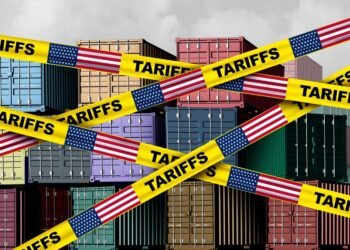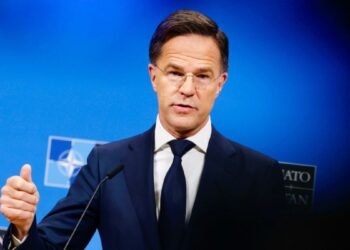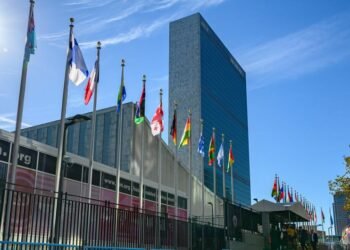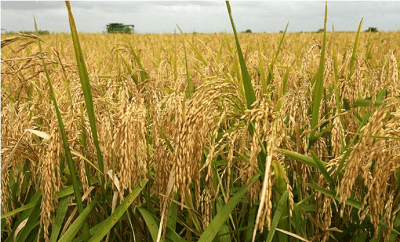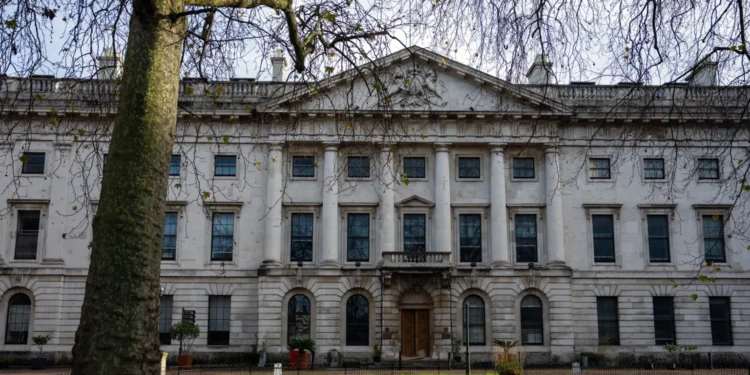The World Health Organization (WHO) has announced that about 60% to 70% of the population needs to be immunized against the coronavirus in order to achieve herd immunity,
This rate is based on several modelling studies, the head of the WHO’s vaccine department, Katherine O’Brien, told a press conference in Geneva.
“It’s really important that we get more information about the vaccines,” she said.
In recent days, four vaccines have reported promising trial results: AstraZeneca/Oxford, Moderna, Pfizer/BioNTech and Sputnik V.
Earlier this week, Russia said interim results from the Sputnik V clinical trials showed the vaccine was 95 percent effective, similar to other international vaccine makers that have also published test results showing efficacy rates of 90 percent and higher.
One of the developers of Russia’s Sputnik V coronavirus vaccine announced that India-based drugmaker Hetero will produce more than 100 million doses of the jab to ensure widespread distribution.
“Hetero, one of India’s leading generic pharmaceutical companies, have agreed to produce in India over 100 million doses per year of the world’s first registered vaccine against the novel coronavirus infection – Sputnik V,” the Russian Direct Investment Fund (RDIF) said in a statement, adding that production was expected to start in early 2021.
Russia also announced the Sputnik V vaccine will be priced at $10 per dose on international markets, costing less than some other registered COVID-19 vaccines.
Russia was the first country to announce the registration of a coronavirus vaccine in August – dubbed Sputnik V after the Soviet-era satellite – but did so ahead of large scale clinical trials.

Additionally, UK pharmaceutical company AstraZeneca has announced that an additional study would be run to evaluate a lower dosage that performed better than a full amount in administering the AstraZeneca/Oxford vaccine.
The drug company’s chief executive, Pascal Soriot said, “Now that we’ve found what looks like a better efficacy we have to validate this, so we need to do an additional study,”
He added that it would probably be another “international study, but this one could be faster because we know the efficacy is high, so we need a smaller number of patients.”
Britain’s Health Minister, Matt Hancock said the UK government had requested the regulator to assess the vaccine, and hoped to begin the inoculation programme before Christmas.
“We have formally asked the regulator to assess the Oxford/AstraZeneca vaccine, to understand the data and determine whether it meets rigorous safety standards,” Hancock said in a statement. “This letter is an important step towards deploying a vaccine as quickly and as safely as possible.”

Despite the progress in the development of vaccines, there is a fear that herd immunity efforts could be hampered by growing anti-vaccination sentiments around the world.
A survey commissioned by German health insurance company Barmer found that just over 50% of Germans want to be vaccinated against the virus.
With close to 2000 people interviewed, 53% said they wanted to be vaccinated, 15% said they may want to be vaccinated, nine percent said they’d “rather not”, and 13% were certain they did not want to receive the coronavirus vaccine. Close to 10% were undecided.
The survey found that 42% of people with children said they intended to have their children vaccinated as well.




